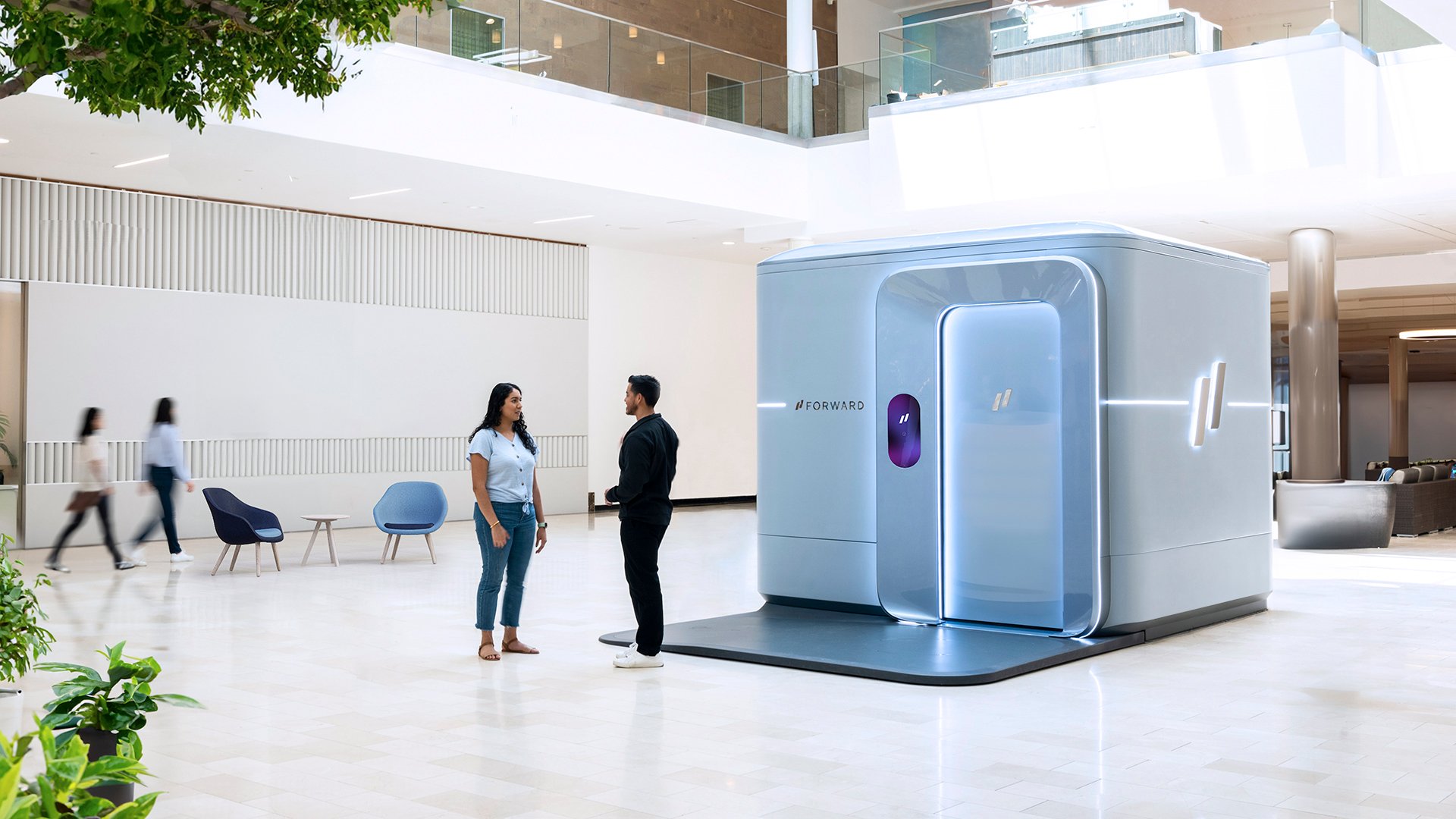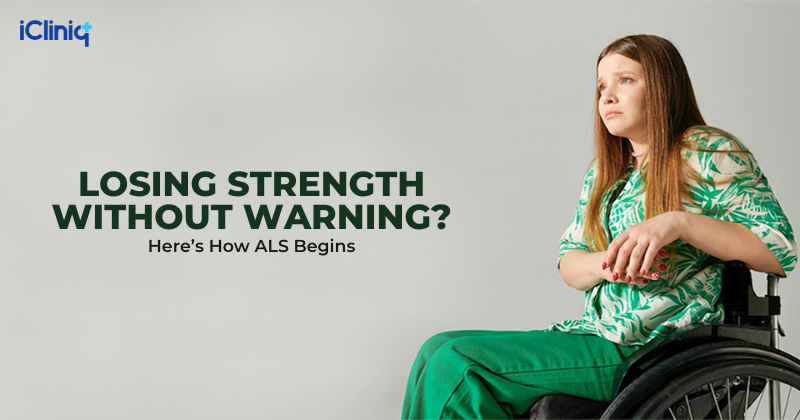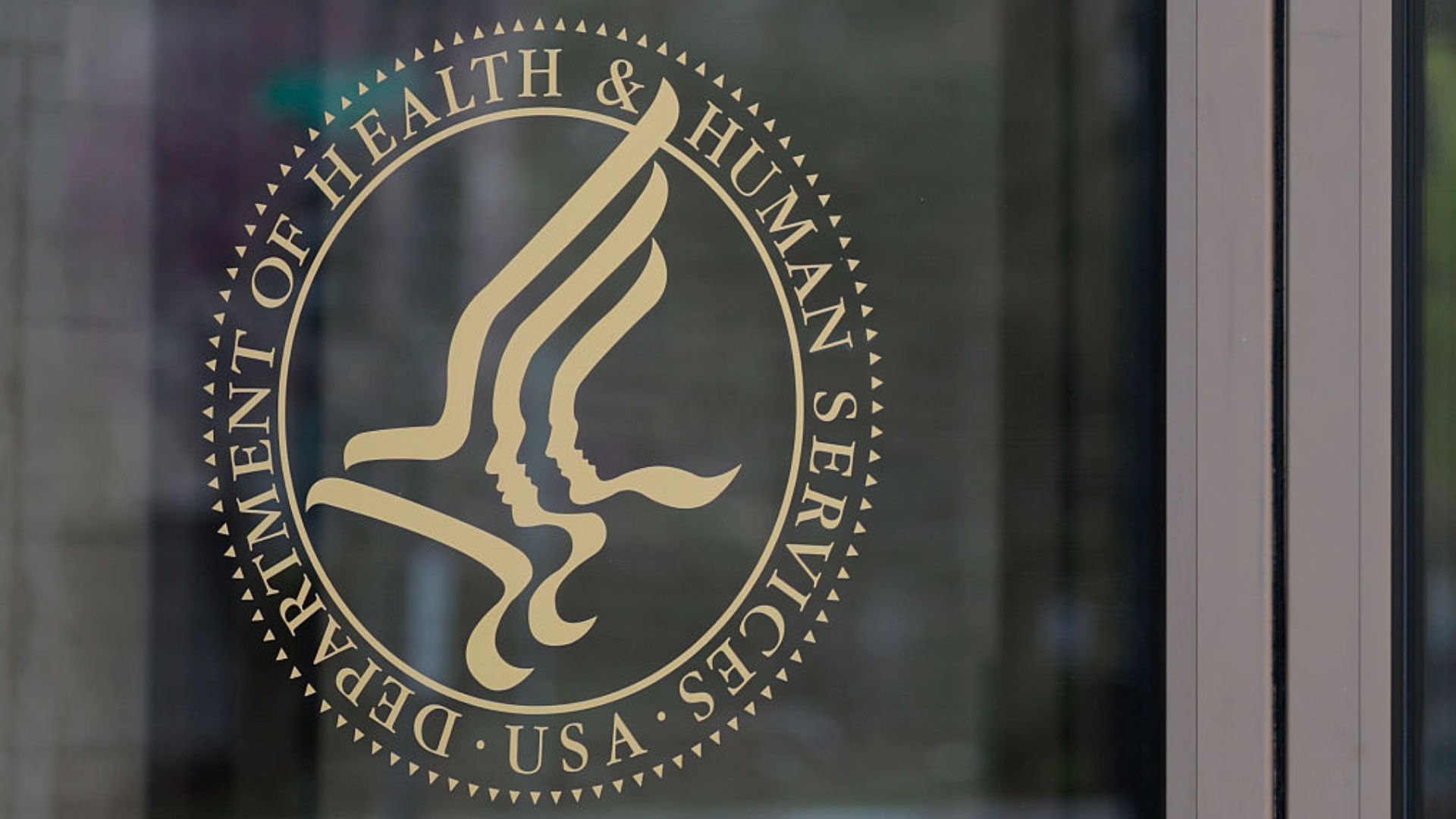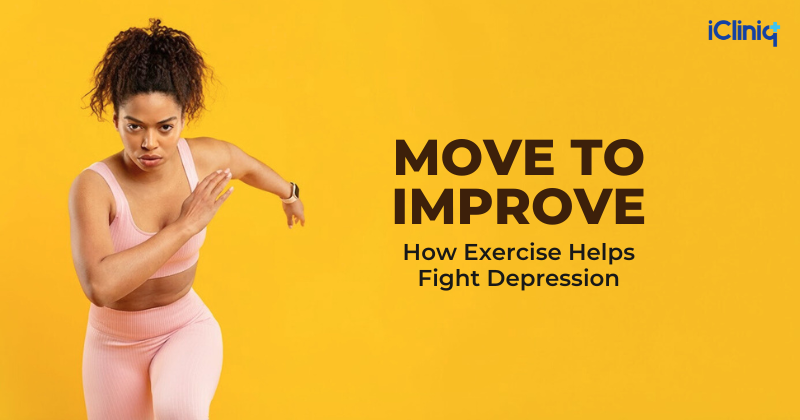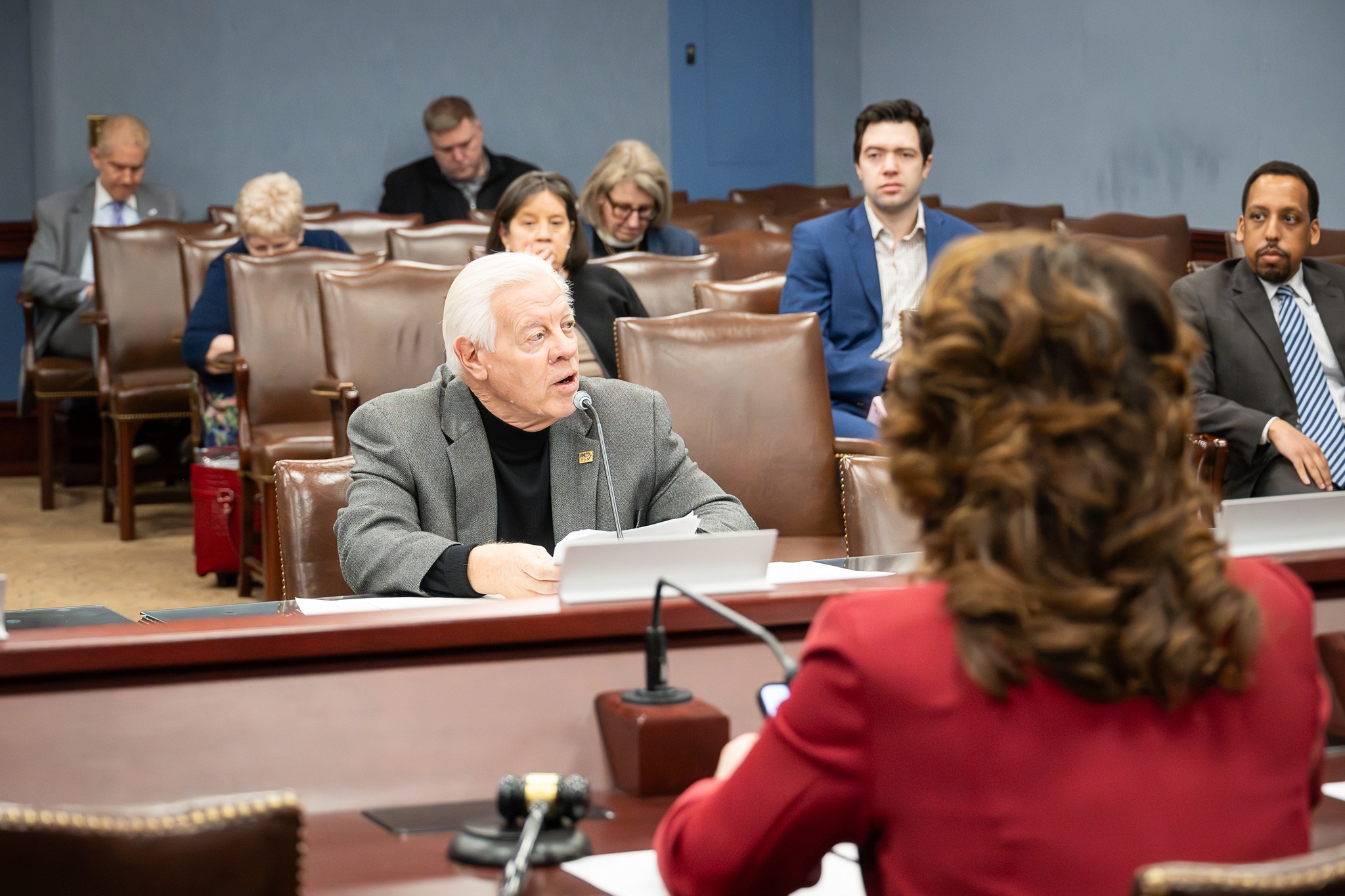Just three years ago, primary care was a hot category with major players making sizeable investments to build out healthcare businesses. Those fortunes quickly turned however as retailers like Walgreens, CVS and Amazon realized the financial challenges of operating brick-and-mortar clinics.
Before retailers went all-in on primary care and predating the COVID-era fundraising boom, Forward launched in 2016 as a tech-enabled direct primary care business based on a cash-pay model that doesn’t take insurance.
Over the past eight years, the healthcare “unicorn” built out tech-enabled primary care clinics in 19 locations with more than 100 primary care clinicians. It reportedly raised more than $400 million, including a $225 million series D round in 2021 and a $100 million series E round last year. With that $100 million boost, the company rolled out CarePods, self-serve kiosks that use artificial intelligence to screen and diagnose health conditions. The plan was to deploy CarePods in malls, gyms, and offices in major cities.
Forward abruptly shut down operations earlier this month, closing its locations and canceling scheduled visits. All of its nearly 200 employees lost their jobs, The Information reported.
The company posted a notice online saying it would provide further information to patients about how to access their medical records in the future as well as some “suggested resources for finding a new provider.”
Many Forward patients have posted on social media that they still, as of last week, have no access to their medical records and can’t get refills on medications. Fierce Healthcare has not been able to reach a Forward representative.
Forward, with its focus on technology and AI-enabled CarePods, was “ahead of its time,” founder Adrian Aoun said on the More or Less from the Morins and the Lessins podcast, which is hosted by Dave Morin, Jessica Lessin, Brit Morin and Sam Lessin. The episode aired on Friday. Take a listen to the hour-long episode to hear Aoun’s take on his hardware and software play with CarePods, whether primary care is venture-scalable and why he’s bullish on AI-powered doctors’ offices.
Before founding Forward, Aoun headed up special projects for the CEO of Google/Alphabet, where he founded one of the Alphabet companies Sidewalk Labs. He arrived at Google upon the acquisition of his AI startup Wavii, and spent his first year at Google helping to create and build their AI division.
Four years ago, retailers started making a big push into primary care. Walgreens invested $1 billion in VillageMD in 2020 and then sunk $5.2 billion into the primary care company in 2021, making it the majority owner. Amazon bought One Medical in a $3.9 billion deal in 2022 while CVS picked up senior-focused Oak Street Health for $10.6 billion in 2023. CVS also bought home health and technology company Signify Health for about $8 billion. Walmart launched its health clinics in 2019 and built out 51 Walmart Health centers.
When Forward got a $225 million check in 2021, the company decided to “swing for the fences,” Aoun said in his only public comments so far about Forward’s shuttering on the More or Less podcast.
Aoun told the podcast hosts that his mission with Forward was to build a “generational company” that would solve big healthcare problems and “make an enormous impact.”
“When 2021 came around and you could, like, sneeze and get, you know, a few 100 million dollars, I said, ‘OK, well, there’s something really awesome here, and there’s something incredibly scary here,” Aoun said. “It just turns out that the world corrected way more than me, or frankly, the vast majority of people even thought, because it wasn’t just like the tech valuations corrected and the tech rounds corrected, it was the entire economy came back down.”
A funding cooldown began in 2022, leading to two years of slowed investment. Digital health funding dropped back down to 2019 levels.
At the same time, all the major retailers that had invested billions in primary care started pulling back. Walgreens plans to shutter 160 VillageMD clinics and is now considering a full sale of its stake in the primary care provider. VillageMD is not yet profitable, and its waning value contributed to Walgreens’ hefty $6 billion loss in the second quarter this year. Walgreens rival CVS says it plans to continue investing in healthcare services but there have been big leadership shakeups at the company this year as its share price has dropped. Walmart shuttered all 51 of its Walmart Health clinics.
“Everybody’s kind of getting out of it because the economics aren’t good. Now, what does that do for us? Well, that puts us in a really tough spot, because already the growth stage funding markets are pretty rough,” Aoun said during the podcast, noting that Forward was pitching a “novel, unproven, nascent product” to growth-stage investors. “That’s a really tough sell in a very conservative market,” he said.
Aoun said as early as last week Forward had a “funding round on the table” but executives ultimately decided it wouldn’t “get the company to the other side” of the current market.
“We had to make the terrible, yet responsible decision to say we should unwind,” he said.
Aoun said four hours after making that decision he felt a “moral and ethical obligation” to share the news with employees and shut down the company.
“When you’re asking investors, when you’re asking customers, when you’re asking employees to follow you and believe in you, the second you don’t believe that you have a chance of success, you’re being unethical by having all these people follow you,” he said.
Aniq Rahman, founder and CEO of health tech startup Fabric, was a Forward patient for several years and said he loved the care experience and had high praise for his doctor and clinical care team.
But, he said the company faced significant headwinds. As a cash-pay business, it operated in a silo outside of the traditional health insurance system and it did not have a specialist network to refer patients who needed specialty care, according to Rahman’s observations as a patient.
“I think it’s just extremely difficult to build outside of the insurance system. That means that they were excluding 70% of total spend from being able to do business with. Even the businesses in brick and mortar that do accept insurance, some of them have been struggling,” said Rahman, who is an entrepreneur and former tech investor.
Forward was “ahead of its time” with its use of technology, Rahman said, but the company invested significantly in building out custom hardware, including an electronic medical record system and biometric full-body scanners, as opposed to working with partners on off-the-shelf tech, which would have been more cost-effective.
Many industry observers said Forward invested too much in technology and not enough in patient care.
Rahman insists that healthcare needs to be omnichannel, combining virtual, in-person and chat-based interactions. “[Forward] really leaned very heavily on the in-person experience,” he noted. During the COVID-19 pandemic, patients rapidly shifted to virtual care and now consumers want a digital-first experience, he said. Many traditional providers are now leaning on tech companies to help create those digital experiences.
Fabric, formerly known as Florence, officially launched out of stealth in early 2023 and has rapidly built out its tech that automates clinical and administrative work in healthcare. Fabric provides a telemedicine platform for health systems, employers and payers and has built a suite of products, from patient intake to self-scheduling to provider documentation tools, to help streamline workflows for in-person and virtual patient visits. In June, Fabric bought Walmart’s MeMD telehealth business.
For Rahman, Forward’s work in primary care offers a lesson on reimaging the consumer experience. “For me, the lesson is, think through how to reach consumers in a way that feels new and novel, but do it in a way that actually fits the paradigm of how healthcare is delivered,” he said.
Aoun told the podcast hosts that one key takeaway for startup founders is to be more resilient to market changes. He insists CarePods are still a good idea and “someone could buy those assets and spin it into a new company,” Aoun said on the podcast.
The startup founder initially planned to take a break for a few months before starting a new venture. “Tuesday morning, after this all happened, I said I’m taking a break, and by Wednesday morning, because the investors said they want to come in, and the employees said they want to come in, I said, ‘I’m starting a company and not only am I starting a company, I’m doing it today’,” he said.
He didn’t elaborate on what the new venture will focus on but he confirmed that he’s not working on CarePods “right now.”
Publisher: Source link

